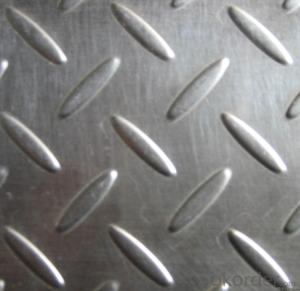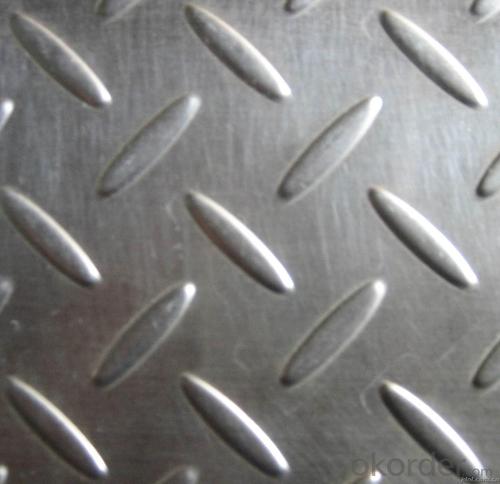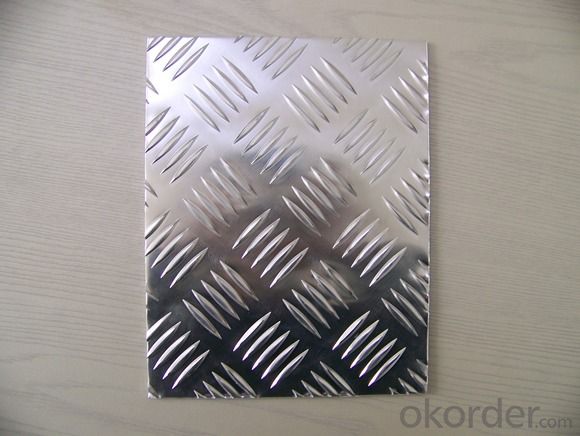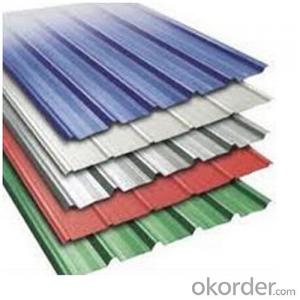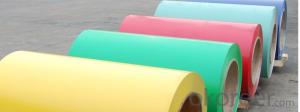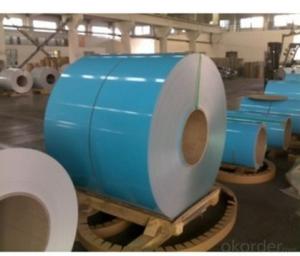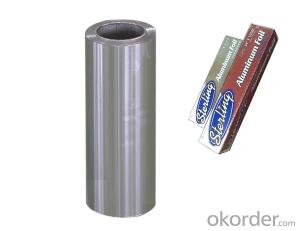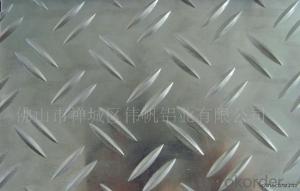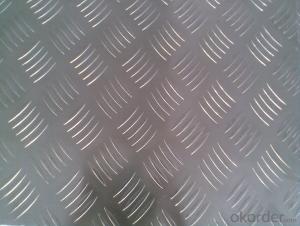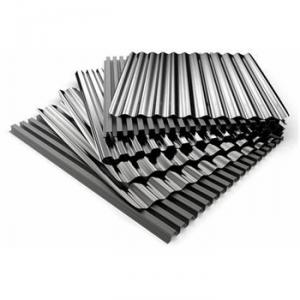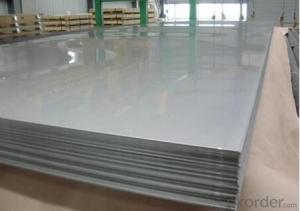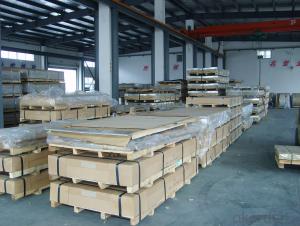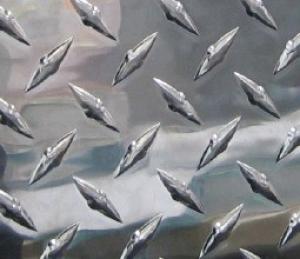1xxx Series Decorative Embossed Thick Aluminum Foil Sheets
- Loading Port:
- Shanghai
- Payment Terms:
- TT OR LC
- Min Order Qty:
- 5 m.t.
- Supply Capability:
- 9000 m.t./month
OKorder Service Pledge
OKorder Financial Service
You Might Also Like
Specification
1xxx Series Decorative Embossed Aluminum Sheet
1. embossed aluminum sheet
2. surface:mill finish
3. type:orange peel,5bars,diamond.compass and so on.
4. material:1000series 3000series 5000series
6. widely used in workshop,elevator,footboard
7. good-anti-slip effect ,intensity height and corrossion resistance.
8. package:standard export package or as your requirement.
9. payment:by 30%T/T deposit before production,the balance be paid against the copy of B/L
Our products are widely used in aerospace, mold, instrumentation, chemical, construction, packaging, anti-corrosion insulation, air conditioning, solar energy, refrigerator industries and other industries.
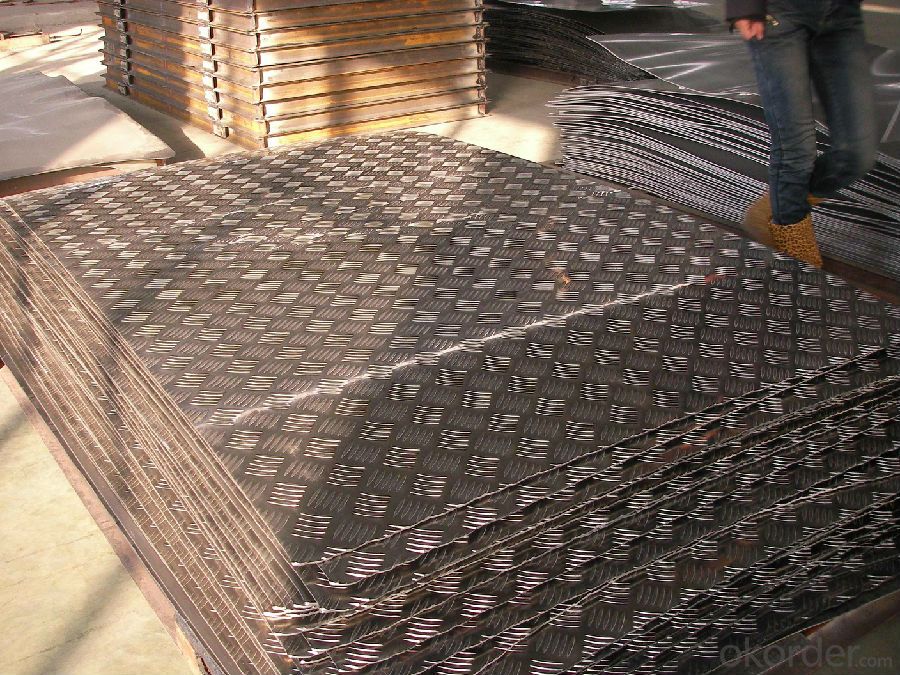
Our main products as below:
1.Aluminum sheet and aluminum plate
a.Alloy: 1060,1100,1050,1145,8011,3003,3004,5052,5083 ,6061,
b.Thickness: 0.1mm-680mm
c.Width: 800mm-1900mm
2.Aluminum coil/roll
a. Alloy: 1060,1145,1050,1100,8011,3003,3004,5052 ,5083,6061
b. Thickness: 0.10mm-10mm
c. Width: 800mm-1900mm
3.Aluminum strip Alloy:1060 1100 8011 3003
a.Transformer special aluminum strip: Alloy:1060 temper:0 thickness:0.3-3.0(mm),
b.Pipe aluminum strip: alloy 8011 temper: O thickness: 0.16-0.3(mm),
c.Cable with aluminum strip:alloy: 8011 1060 temper: O thickness:0.12-0.20(mm) ,
d.Hollow glass with aluminum strip:Alloy:3003 temper: H16 thickness:0.12-0.4(mm), 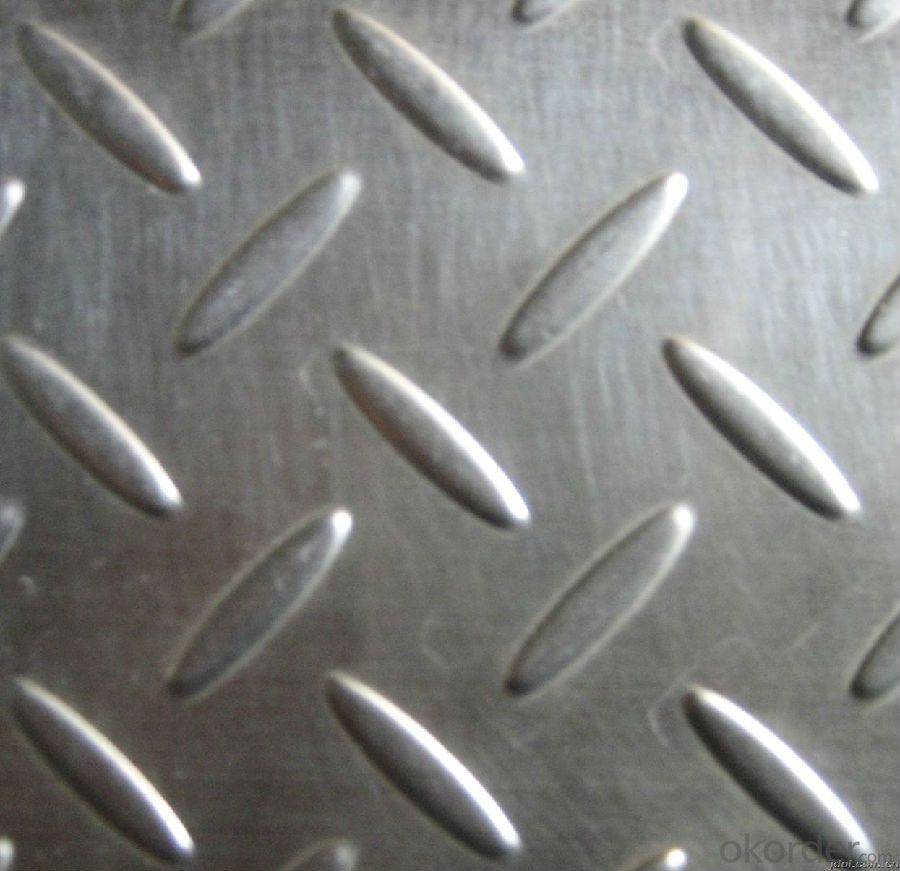
4.Aluminum foil :
a.Household :alloy:8011 0 thickness: 0.009-0.02(mm),
b.Food packing :alloy 8011 1235 1145 thickness:0.009-0.023(mm),
c.Air-conditioning foil:8011 3003 1100 thickness:0.07-0.25(mm)
5.Aluminum chequered plate/embossed aluminum sheet:alloy: 1060 1100 3003 5052 5754
a.orange peel:thickness:0.01-3.0(mm) width:800-1220(mm)
b.half a ball:thickness:0.1-1.0(mm) width:800-1220(mm)
c.diamond aluminum plate:thickness:0.1-2.0(mm) width:800-1220(mm)
d.5bar/3bar /2bar /one bar/compass aluminum plate:thickness:0.9-8.0(mm) width:800-1220(mm)
We have reliable quality, reasonable prices and prompt delivery. Common specifications are in stock. Special sizes can be customized according to clients' requests.
Please contact us if you have any questions.We will be glad to serve you.
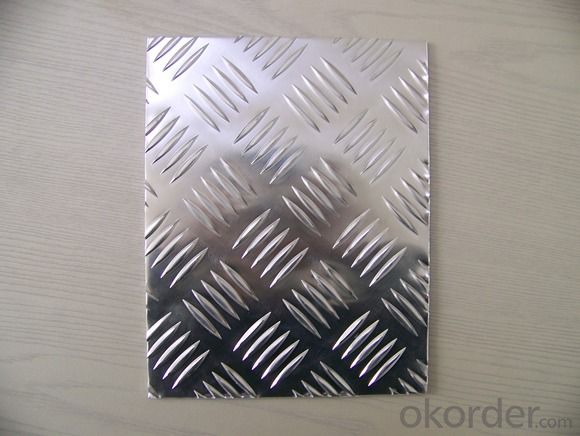
- Q: Can aluminum sheets be used for electrical connectors?
- Aluminum sheets are indeed suitable for electrical connectors due to their high conductivity and excellent electrical properties. They are widely employed in various electrical applications, including connectors, thanks to their lightweight nature, durability, and cost-effectiveness compared to materials like copper. However, it is crucial to take into account specific factors such as the type and size of the connection, the amount of current to be transmitted, and the environmental conditions in which the connectors will be used. Furthermore, it is essential to implement proper insulation and protective measures to prevent corrosion, as aluminum is susceptible to oxidation. In summary, while aluminum sheets can be a viable option for electrical connectors, it is imperative to carefully assess individual requirements and conditions.
- Q: Can aluminum sheets be used for industrial shelving?
- Yes, aluminum sheets can be used for industrial shelving. Aluminum is a lightweight and durable material that is resistant to corrosion, making it suitable for various industrial applications, including shelving. It offers strength and stability while being easy to clean and maintain. Additionally, aluminum's versatility allows for customization and modification to fit specific storage needs.
- Q: how many protons,nuetrons, and electrons are in aluminum?
- Aluminum is from group 3 and there for has 3 electrons in its outer shell and desires 5 to fill it. it is going to react with any aspects from group 5 that desire aluminum's 3 electrons.
- Q: What are the different methods of surface protection for aluminum sheets?
- Aluminum sheets can be protected in various ways to ensure their longevity and functionality. Anodizing is a widely used technique, involving the creation of a protective oxide layer on the aluminum surface. This is achieved by immersing the sheets in an electrolyte solution and passing an electric current through them. The outcome is a resilient and corrosion-resistant layer that can be further enhanced with different dyes and sealants. Another option is powder coating, which entails applying a dry powder onto the aluminum sheets and then curing it with heat. This results in a robust coating that offers excellent defense against scratches, chemicals, and weathering. Powder coating is available in a wide array of colors and finishes, making it a popular choice for decorative purposes. Chemical conversion coating is yet another alternative, involving the treatment of aluminum sheets with a chemical solution to convert the surface into a protective layer. This coating not only improves corrosion resistance but also provides a suitable base for paint or other coatings. Painting is a commonly utilized method for safeguarding aluminum sheets. Different types of paints, such as epoxy, acrylic, and polyurethane-based coatings, can be applied to the surface. These paints not only shield against corrosion and environmental factors but also offer the opportunity for aesthetic customization. Lastly, laminating is a technique where a protective film is applied to the surface of the aluminum sheets. These films can be made from various materials like PVC, polyester, or polyethylene. Laminating adds an extra layer of protection against scratches, abrasion, and UV radiation. Each method of surface protection for aluminum sheets has its own merits and considerations, which depend on the specific requirements of the application. It is crucial to thoroughly assess the desired level of protection, aesthetic preferences, and budget constraints before selecting the most suitable method.
- Q: Could you tell me the difference between the 6063 aluminum plate and the 5052 aluminum plate?
- 6063 and 5052 alike: aluminum alloys with Mg Mg as the main alloying element
- Q: Are aluminum sheets suitable for electrical transformers?
- Yes, aluminum sheets are suitable for electrical transformers. Aluminum is a highly conductive material that offers several advantages for use in transformers. Firstly, it has a lower electrical resistance compared to other materials like copper, which means it can efficiently transfer electrical energy. This results in lower energy losses and better overall performance. Additionally, aluminum is lightweight, making it easier to handle and install. It is also more cost-effective than copper, making it a preferred choice for large-scale transformer applications. Overall, aluminum sheets provide a reliable and efficient solution for electrical transformers.
- Q: doesn't particularly need to be welding but i need to make an air tight permanent seal around 2 very thin sheets of aluminium (like .02 inches thick) i was thinking .02 inch 5052 aluminum because its the thinnest i can find but am obviously up for suggestions.
- May be you can use spot welding.But may be that would not give you an air tight permanent seal.So,you can go for Hydraulic pressing as in FERRARI 599 GTO's exhaust.(QUITE EXPENSIVE to be done at personal level)
- Q: How strong is aluminum per square inch, and at the same time how light is the aluminum per square inch?
- Take a look on this website. You will see some of the main uses of aluminium and will be able to determine what it is capabke of: www.bwcaluminium .uk
- Q: Are 101 aluminum sheets suitable for heat sinks?
- 101 aluminum sheets are not appropriate for heat sinks, as heat sinks are intended to disperse heat and therefore necessitate materials with high thermal conductivity. In comparison to other aluminum alloys often employed for heat sinks, like 6061 or 6063, 101 aluminum possesses inferior thermal conductivity. These alloys exhibit superior thermal conductivity characteristics, enabling them to effectively transfer heat away from the heat source. Consequently, it is advisable to utilize aluminum alloys that are specifically engineered for heat sinks to guarantee optimal heat dissipation and cooling performance.
- Q: Can aluminum sheets be bent?
- Yes, aluminum sheets can be bent. Aluminum is a highly malleable metal, which means it can be easily shaped or formed using techniques such as bending, rolling, or folding. The process of bending aluminum sheets involves applying force to the metal in order to create a desired angle or curve. This can be done by using specialized tools such as a brake press or by using manual techniques. The flexibility of aluminum makes it a popular choice for various applications where bending or shaping is required, such as in construction, automotive, or aerospace industries.
Send your message to us
1xxx Series Decorative Embossed Thick Aluminum Foil Sheets
- Loading Port:
- Shanghai
- Payment Terms:
- TT OR LC
- Min Order Qty:
- 5 m.t.
- Supply Capability:
- 9000 m.t./month
OKorder Service Pledge
OKorder Financial Service
Similar products
Hot products
Hot Searches
Related keywords
